What Is Veganism? Benefits, Risks, and What to Eat As A Vegan.
A health article about Vegan / Veganism from Your Health Online the A to Z directory of dealing with Health Problems & nutritional Self Care Strategies
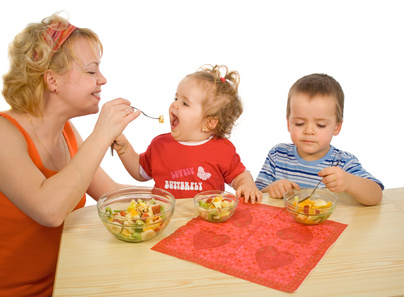
Today, veganism has developed into its own culture. The American diet consists of many basics including meat and dairy products. These products are a mainstay of the American diet.
For many, eggs, bacon, and a side of toast with butter are the quintessential American breakfast.
In the early 1940s, some people began to question the eating of animals and animal byproducts. Although the movement had started then, it had not gained great popularity.
Though the majority of Americans still consume animal products, there’s a good chance that you know at least one person who is a vegan. You’ve probably heard of vegan restaurants or flipped through a vegan cookbook.
Maybe you’ve been wondering what veganism is all about. Perhaps it’s something you’re interested in but want to learn more about before making a major life change.
This online health Guide will walk you through what veganism is, how it got started, why people choose a vegan diet, and the benefits and risks of a vegan diet.
What is a Vegan Diet?

The word “vegan” was coined in 1944, but the concept far predates that time.
Vegetarianism is a part of many major religions such as Buddhism, Jainism, and Hinduism.
It was also advocated by the Greek philosopher Pythagoras in 500 BCE.
In fact, until the 1800s, a meatless diet was often referred to as the Pythagoras diet.
Vegetarianism has a long history, but veganism takes things one step further.
A vegan diet excludes all meat as well as anything that is a byproduct of an animal or insect.
What’s the Difference Between Vegan and Vegetarian?
There are other diets that are sometimes confused with veganism. These diets include:
● Vegetarian
● Plant-based diet
● Pescatarian
A vegetarian diet is similar to a vegan diet in the sense that neither eats meat. However, vegetarians can still eat byproducts of animals.
A vegetarian would still eat things like butter, cheese, honey, and eggs.
Another diet often confused with veganism is a plant-based diet. This diet is again very similar to a vegan diet, but while a plant-based diet centers on fruits, vegetables, and nuts, it still also includes animal byproducts.
A plant-based diet also focuses on using whole foods that haven’t been processed or foods that have been processed very little.
A pescatarian diet is similar to a vegetarian diet except they also include fish meat in their diet. They also eat byproducts of animals like eggs or cheese.
While it isn’t related to diet, people who choose to be vegan often also avoid byproducts of animals for goods.
For example, they don’t wear wool, leather, or pearls.
Why Start a Vegan Diet?

There are quite a few reasons why people choose vegan.
For some, it’s for the sake of the animals, but for others it’s about living a healthy life.
Here are the top reasons people go vegan.
Not Eating Meat Means Not Harming or Exploiting Animals
One of the main reasons people choose veganism is to avoid killing or harming animals. The Vegan Society, the first vegan organization founded in 1944, explains it like this:
Preventing the exploitation of animals is not the only reason for becoming vegan, but for many it remains the key factor in their decision to go vegan and stay vegan.
Having emotional attachments with animals may form part of that reason, while many believe that all sentient creatures have a right to life and freedom.
Environmental Impact and Sustainability
Many vegans believe that reducing or eliminating meat and animal byproducts from their diet can have a direct positive impact on the environment.
One of the main reasons for this is the vast amount of resources needed to care for farm animals. Large animal farms can lead to deforestation, habitat loss, species extinction, and carbon emissions.
According to a study conducted by the University of Oxford in 2018, a vegan diet can greatly reduce carbon emissions and restore wildlands that have been cultivated for agriculture.
The study claims:
With current diets and production practices, feeding 7.6 billion people is degrading terrestrial and aquatic ecosystems, depleting water resources, and driving climate change.
Many vegans argue that crops grown to feed animals could instead be given to people, greatly reducing the need for much of the farming territory.
May Help With a Myriad of Health Concerns
Another big reason people choose a vegan diet is for its health benefits. Many vegans believe they live a healthier life with a vegan diet.
Here are some ways that veganism may help your health.
A Vegan Diet May Help You Lose Weight
A vegan diet is entirely plant based which means vegans skip a lot of the foods that have a higher calorie and fat count.
Several studies show that people who eat vegan tend to have a lower body mass index and are more likely to lose weight than people following a different diet.
One study released in 2015 by the University of South Carolina found:
Prospective studies
have found that individuals following a vegan diet have low body mass
index...This study [also] found that vegan diets were more effective for weight
loss than other diets.
A Vegan Diet Can Reduce the Risk
of Type 2 Diabetes
There have been several studies that have indicated that eating a plant-based diet can help reduce the risk of type 2 diabetes. A study released in 2018 by West Virginia University concluded:
Vegetarian diets have been studied over the past few decades for their preventative and therapeutic effects on diabetes and may be more beneficial than medication for diabetes management.
The study went on to say:
No matter the type of vegetarian diet followed, there are therapeutic effects. However, there is evidence that a vegan diet has the most benefits for reducing the fasting plasma glucose levels of persons with diabetes and other complications, such as CVD risk.
Patients should follow the diet that they feel they can adhere to best.
A Vegan Diet May Lower the Risk of Cancer
Having a plant-based diet has been associated with a lower risk of cancer. However, simply reducing meat products is not the only factor.
Vegans who remove animal products from their diet and then replace them with large amounts of sugar, refined grains, and added fats may not see the benefits of lowering their risk of cancer.
However, those who largely eat vegetables, legumes, nuts, and seeds are likely to see an overall reduction in cancer.
In most cases, these benefits are shared among vegans and vegetarians and are not limited to only vegans.
According to the American Institute for Cancer Research, there has been a study that linked a vegan diet specifically to a lower risk for prostate cancer.
A Vegan Diet Can Help With Arthritis
Some studies show that plant-based diets can help reduce the symptoms of arthritis. Much like lowering the risk of diabetes, this likely has more to do with switching out unhealthy foods like cheeseburgers for healthier foods like fruits and vegetables.
Fatty or greasy foods tend to lead to inflammation, whereas foods like berries, broccoli, peppers and avocados can help lower inflammation.
Focusing on a healthy plant-based diet can produce major benefits for people suffering from rheumatoid arthritis but it’s not only because they’ve removed animal products from their diet.
A Vegan Diet Could Help Reduce the Risk of Alzheimer’s Disease
There has been a growing body of research that shows that you can greatly reduce your risk of Alzheimer’s Disease and Dementia by eating a healthier plant-based diet.
In an article released by the Daily Mail Dr. Greger Michael Gregor, a nutrition expert, explains,
...numerous studies have shown Alzheimer’s is more a disease of lifestyle than genetics, and there is an emerging consensus that the same foods that clog our arteries can also clog our brains.
He goes on to say:
But the prevalence of Alzheimer’s has shot up over the past few decades, which is thought to be in part due to the shift from a traditional rice-and-vegetable-based diet to one featuring triple the dairy intake and six times the amount of meat.
Plant-based foods that are associated with reducing the risk of Alzheimer’s include:
● Berries
● Leafy green vegetables
● Whole grains
● Beans
● Nuts
● Red wine (in moderation)
● Olive oil
Concerns About a Vegan Diet and Veganism
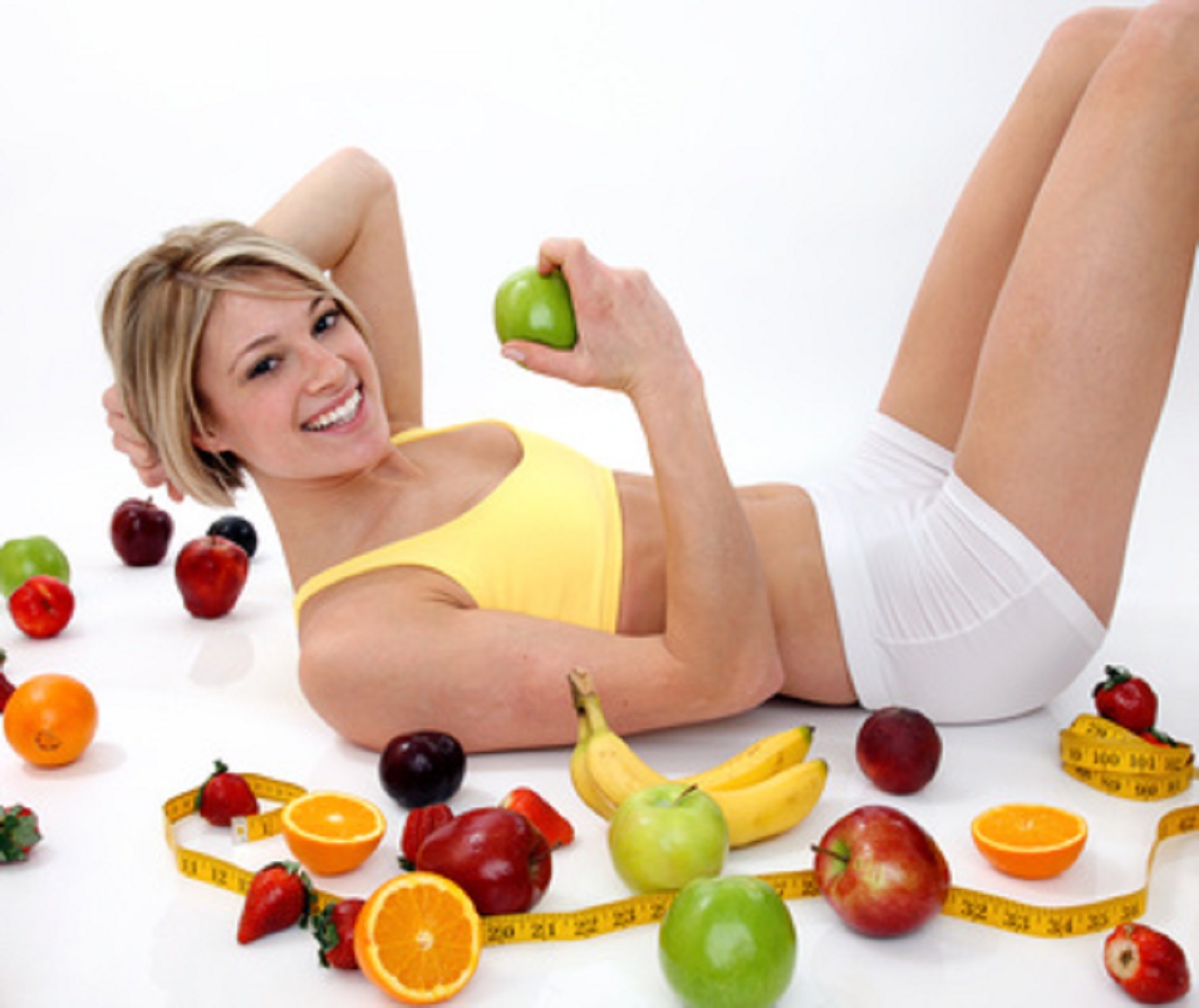
When people choose to go vegan, they’re often asked about the potential health concerns associated with it.
There are potential health risks with a vegan diet, but that doesn’t mean a vegan diet is inherently unhealthy.
Below are the main concerns with a vegan diet, but thankfully many of these risks can be reduced with a proper balanced diet.
Nutrient Deficiencies
The biggest concern with a vegan diet is nutrient deficiency. While there are many substitutes such as plants or supplements that can replace the nutrients people would normally get from meat or animal byproducts, it does mean taking extra care to ensure that you’re getting those nutrients.
Some common nutrient deficiencies include:
● Iron
● Vitamin B2
● Vitamin B12
● Vitamin D
● Omega-3 Fatty Acids
● Zinc
● Creatine
● Calcium
May Have a Higher Risk for Fractures
One study conducted by BMC Medicine found that vegans had a higher risk for fractures, especially hip fractures.
They concluded:
Non-meat eaters, especially vegans, had higher risks of either total or some site-specific fractures, particularly hip fractures. This is the first prospective study of a diet group with both total and multiple specific fracture sites in vegetarians and vegans, and the findings suggest that bone health in vegans requires further research.
Could Cause Digestive Issues
Some people who have been on a vegan diet for a long time have developed issues with their digestive systems.
One way this may happen is through something called “leaky gut syndrome.” Leaky gut syndrome occurs when the lining of the intestines becomes irritated or deteriorated allowing toxins and bacteria to seep into the bloodstream. The term is relatively new, but some people believe a vegan diet can contribute to this syndrome.
Vegans might also experience an imbalance of yeast in the intestines leading to other issues.
Stephanie Moore, a Clinical Nutritionist explained in an interview with Body+Soul why vegans might experience gut issues:
A vegan diet can be problematic if you rely heavily on grains, sugar-based foods, an excess of fruit especially dried fruits. This is true for anyone, vegan or not. These will preferentially feed pathogenic and harmful bacteria and yeast in the gut, which then thrive causing issues such as bloating, bowel irregularities, potentially SIBO (small intestinal bacteria overgrowth) or SIFO (small intestinal fungal overgrowth) as well as loss of beneficial bacteria that become overwhelmed by the ‘bad’ bacteria.’
Overconsumption of Unhealthy Foods
Being vegan doesn’t necessarily equal healthy. A vegan can avoid eating meat and animal byproducts and still consume foods that are not beneficial to the body.
For example, if a vegan’s diet consists primarily of carbohydrates, fried foods, high amounts of sugar, and refined foods they will be largely lacking what they need.
To be clear, eating unhealthy foods is common among meat-eaters as well, but vegans have to be especially careful to consume foods that give them much-needed nutrients they’re not receiving from meat or animal byproducts.
Risk of Not Consuming Enough Calories
For some vegans, there’s a risk of under-consuming calories. While weight loss is something many people would consider a benefit, losing too much weight can be a hazard to health. It’s important to continue consuming a healthy number of calories when switching to a vegan diet.
Everyone Needs a Healthy Balanced Diet
It is important to note that, whether you’re a vegan or a non-vegan, it’s essential to eat a healthy diet that gives you the right amount of nutrients. In some ways, a vegan has to be more mindful that they consume the right nutrients that may be hard to find in a plant-based diet.
On the other hand, people who do consume meat and animal products still have to ensure that they also balance their meals with enough fruits, vegetables, healthy nuts and other important food sources.
In most instances, the main health concerns with a vegan diet can be eliminated with careful planning and paying attention to what you’re eating.
How to Ensure That You’re Getting What You Need With Your
Vegan Diet
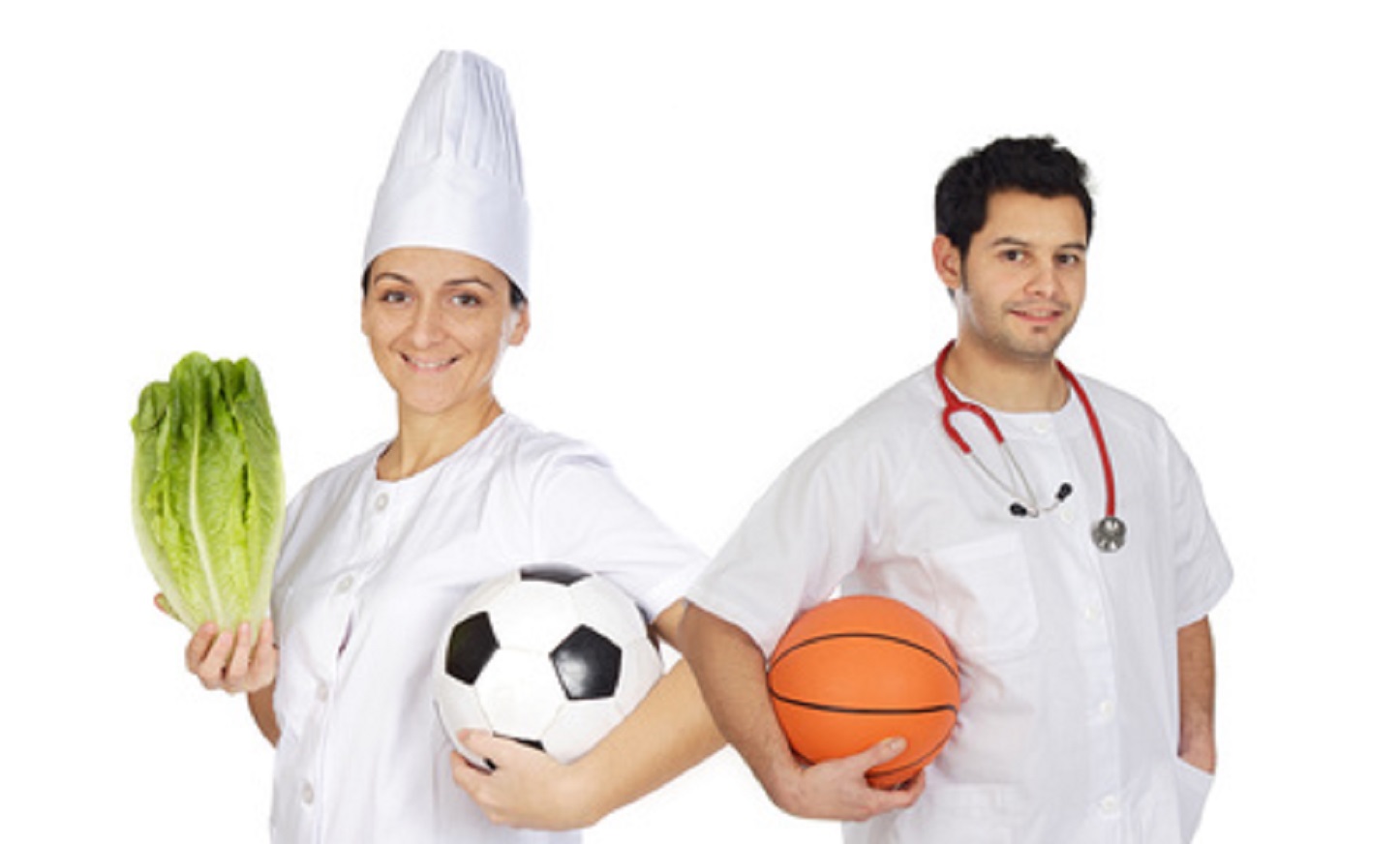
It’s understandable that a person looking to start a vegan diet may be concerned about not getting the proper nutrients from their new diet. The studies shared above show that this is a real potential risk for a vegan diet.
So how can you ensure that you’re getting what you need when you switch to vegan?
Try these strategies:
- Many vegans use supplements. While the majority of nutrients can be consumed in non-meat or
animal byproducts, there are some things that are difficult or impossible
to find in meat alternatives. With that being the case, many vegans
include supplements in their diet.
●
Common dietary supplements used by vegans include:
○ Vitamin B12
○ Vitamin D
○ DHA, EPA, and other Omega-3s
○ Iodine
○ Vitamin K2
○ Selenium
○ Magnesium
○ Protein powder
○ Iron
○ Creatine Monohydrate
○
Iodine
●
These are some supplements that
vegans may use, though not every vegan uses supplements, and certainly not
every one on the list.
- Eat a variety of foods. One
way to ensure that you’re getting the nutrients you need as a vegan is by
eating different foods. If you only eat grains, for instance, you won’t be
getting all the necessary vitamins and minerals that your body needs. A
balanced diet is important for everyone.
- Include fat, protein, and calories in your diet. As mentioned above, one of the chief concerns about a vegan diet
is not consuming enough protein or calories. While weight loss is a
benefit of veganism, it can also be a downside if not handled properly.
●
Fruits and vegetables are an
extremely healthy part of anyone’s diet, but they can leave a person feeling
hungry if that’s all they’re eating. To make your diet more well-rounded,
consider including other food types to help get the calorie intake you need and
help you feel full when you’ve finished a meal.
●
Some foods to consider adding to your diet are:
○
Seitan. Seitan is the main protein part of
wheat and it’s often used as a meat substitute. It’s very high in protein and
it also provides selenium, and traces of iron, calcium, and phosphorus.
○
Quinoa. Quinoa is another source of protein
and also provides complex carbs, fiber, iron, manganese, phosphorus, and
magnesium.
○
Peanuts. Peanuts are a good source of fat and
can help curb cravings for animal fats. Peanuts also provide magnesium,
resveratrol, vitamin E, and high folic acids.
○
Almonds. These provide a good source of
protein, calcium, vitamin E, and fiber.
○
Walnuts. These nuts have been described as a
superfood. They’re rich in omega-3 fatty acids, and they provide protein and
antioxidants.
○
Pistachios. A pistachio doesn’t offer as many
calories or fat, but they are packed with other nutrients. Pistachios offer
protein, fiber, B vitamins, potassium, iron, and magnesium.
○
Brazil nuts. Brazil nuts are the highest in
fat and they provide a high amount of selenium. They also have protein, copper,
magnesium, phosphorus, manganese, zinc, iron, thiamine, and vitamin E. Take
these in moderation because the selenium value for a small amount far exceeds
your daily need.
○
Chickpeas. High in protein and also a good
source of carbs, fiber, iron, folate, phosphorus, potassium, and manganese.
○
Spelt and Teff. These are considered “ancient
grains” and they provide protein, complex carbs, fiber, iron, magnesium,
phosphorus, manganese, B vitamins, zinc, and selenium.
○
Tofu. Tofu is a popular meat substitute for
vegans because it can take on the flavor of different dishes. Tofu provides
protein, calcium, fiber, potassium, magnesium, iron, copper, and manganese.
○
Soymilk. Soymilk is made from soybeans and is
usually fortified with additional nutrients. It’s a good source of protein and
when fortified can also provide vitamin B12.
- Choose whole grains.
Another good way vegans ensure they’re getting their dietary needs is by
swapping out highly processed or refined grains for whole grains.
●
Instead of buying white bread or pasta, try grains like:
○ Amaranth
○ Barley
○ Buckwheat
○ Corn
○ Millet
○ Oats
○ Quinoa
○ Brown rice
○ Wild rice
○ Rye
○ Sorghum
○
Teff
●
Not only will you get a food
that’s more nutrient-rich, it will also leave you feeling full and less likely
to need to snack on something less healthy later.
- Find Omega-3s in non-meat alternatives. Omega-3s are essential fats that the body can’t manufacture on
its own. Omega-3s are an important
part of a diet because they benefit your body in many different ways.
●
Omega-3s are used in the
structural component of your retinas. Studies show that Omega-3s are also vital
for brain development and they’re an essential part of your cell membranes.
●
Omega-3s are linked to a decreased
risk of heart disease, metabolic syndrome, inflammation, autoimmune disease,
Alzheimer’s disease, cancer, and more. There are also studies that show that
Omega-3s can help lessen symptoms for people with mental health disorders.
●
There are three different kinds of
Omega-3s and they each have a different function. These three types are:
○
Alpha-linolenic acid (ALA) is used for energy
and it’s the most common type of omega-3 fatty acid.
○
Eicosapentaenoic acid (EPA) produces signaling
molecules in the body which can reduce inflammation as perform other
physiological roles.
○
Docosahexaenoic acid (DHA) is the most
important of the omega-3s and is beneficial for brain and eye function, as well
as other parts of the body.
●
Fish is often the first thing
people think of when it comes to Omega-3s, and this does provide a rich source
of the fat. However, there are other non-meat sources as well. These include:
○ Flaxseed - an excellent source of ALA
○ Walnuts - a source of ALA
○ Seaweed and algae - one of the only plant sources that offer DHA and EPA
○ Canola oil - a source of ALA
○ Hemp seeds - a source of ALA
○ Edamame - a source of ALA
○ Kidney beans - a source of ALA
○ Soybean oil - a source of ALA
○
Some vegans take omega-3
supplements derived from algae.
- Eat foods rich in iron.
Iron is a necessary mineral for many bodily functions including blood
production, growth and development, cellular function, and metabolism.
People with low iron may become anemic which can make one feel tired and
weak.
●
Unfortunately, it’s much more difficult for the body to
absorb iron found in plants. The good news is there are plant sources that
provide iron to the body, but it will require a larger daily consumption than
the typical non-vegan diet.
●
You can also help increase your
body’s absorption of iron by eating foods rich in vitamin-C.
●
Here is a list of iron-rich vegan foods:
○ Beans
○ Lentils
○ Soy foods
○ Spinach
○ Collard greens
○ Kale
○ Swiss chard
○ Quinoa
○ Barley
○ Brown rice
○ Fortified cereals
○ Spirulina
○ Pistachios
○ Almonds
○ Cashews
○ Pine nuts
○ Macadamia nuts
○ Flaxseed
○ Hemp seeds
○ Pumpkin seeds
○ Tomato paste
○ Potatoes (especially in the skin of the potato)
○ Palm hearts
○ Olives
○ Mulberries
○ Amaranth
○
Spelt
- Eat foods with calcium and vitamin D. Without eating things like yogurt, cheese, and milk, some vegans
may not be getting the appropriate amount of calcium and vitamin D in
their diet. While these things can be supplemented, the best way to get
these nutrients is through food consumption.
●
Non-animal foods that provide calcium include:
○ Broccoli
○ Cabbage
○ Okra
○ Calcium-set tofu
○ Sesame seeds
○ Pulses
○
Dried fruit
●
Vitamin D is more difficult to
come by for vegans which is why many choose to supplement this nutrient. You can get Vitamin D from fortified foods
such as:
○ Cereals
○ Soy milk
○ Almond milk
○ Rice milk
○
Orange juice
●
Mushrooms are the only plant source that provides Vitamin D.
You can also get Vitamin D from the sunshine, but it will require 10-30 minutes of mid-day sun exposure every day. People with darker skin may require longer periods of sun exposure to get the needed amount of Vitamin D.
What Are the Different Kinds of Vegan Diets?
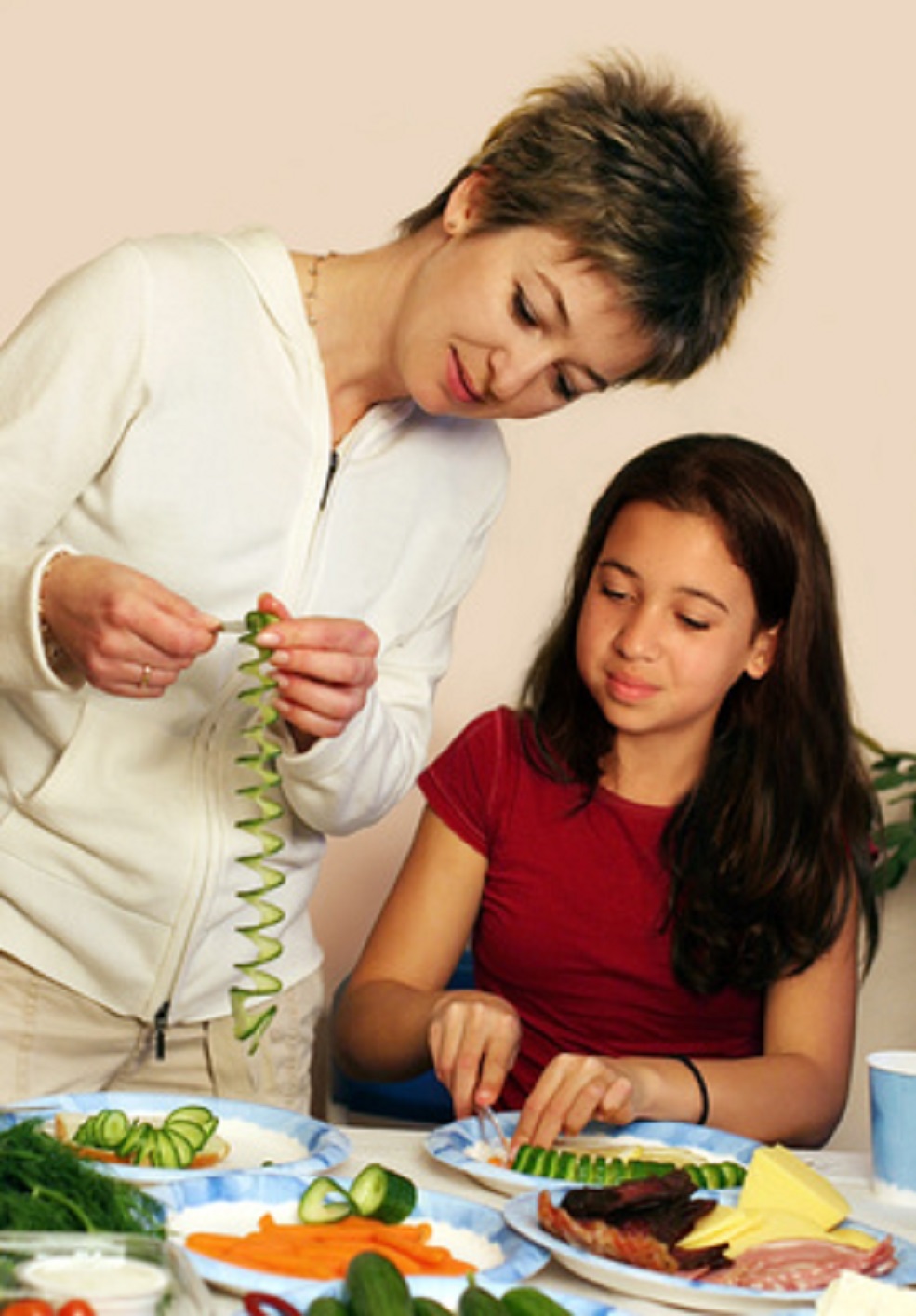
While all vegan diets are meatless and without animal byproducts, there are different types of vegan diets.
As we mentioned earlier, you can be on a vegan diet and still have an unhealthy diet.
Below are some of the popular vegan diets people use and ones that can help vegans remain healthy.
Whole Foods Plant-Based Diet.
A whole foods plant-based diet is very similar to a plant-based
diet that we mentioned earlier in this eBook. With this vegan diet, you
would primarily eat foods that come from plants and greatly limit
processed foods such as breakfast cereals or microwave meals.
●
Vegans on the Whole Foods Plant-Based Diet would eat things like:
○ Fruits
○ Vegetables
○ Salsa
○ Whole grains
○ Legumes
○ Nuts and seeds
○ Soy milk
○
Coconut milk
●
Foods to avoid on this diet (besides animal products):
○ Highly processed foods like chips, doughnuts, or french fries
○ Added oils (even healthier oils like olive oil or coconut oil)
○
Added sugars
Raw-food Vegan Diet.
A
raw-food vegan diet includes primarily raw foods that are prepared at
temperatures below 118°F (48°C).
●
The main foods on the raw-food vegan diet are:
○ Fruit
○ Vegetables
○ Nuts and seeds (unroasted)
○ Uncooked grains
○ Cold-pressed oils
○ Raw nut milks
○ Raw nut butters
○ Fermented foods (kimchi or sauerkraut)
○ Seaweed
○ Pure maple syrup
○ Sprouts
○
Unprocessed raw cocoa
●
Foods to avoid include:
○ Cooked fruits, vegetables, legumes
○ Bread
○ Pasta
○ Salt
○ Coffee or tea
○ Alcohol
○ Processed foods
○ Pasteurized juices
○ Baked goods
○ Roasted nuts
○ Refined oils
○ Pastries
○
Refined sugars
High Fat Raw Vegan Diet.
A
variation of the raw food vegan diet is the high fat raw vegan diet, sometimes referred to as the gourmet
raw diet. Like the other raw diet, everything consumed should be raw and
vegan, but there’s an emphasis on things rich in fat.
●
Foods primarily consumed with this diet are:
○ Nuts and seeds
○ Algae (and other sea vegetables)
○ Cold-processed oils
○ Heavy sauces
○
Nut-based desserts
The Starch Solution Program.
This diet was created by Dr. John McDougall, MD, in response to
the popular Atkins diet or other diets claiming that carbs are bad for the
body.
●
Dr. McDougall, along with his wife
Mary McDougall, developed a vegan diet plan that emphasized starches and carbs.
His diet does not avoid salt or sugar, but does not use things like vegetable
oil or animal products.
●
The primary foods on this diet include:
○ Potatoes
○ Corn
○ Rice
○ Wheat
○ Barley
○ Quinoa
○ Rice
○ Millet
○
Any type of vegetable
●
Fruits should be eaten in moderation
and high-fat plant-based foods like nuts, seeds, and avocados should only be
consumed limitedly by trim, healthy people.
The 80/10/10 Low Fat Raw Veganism Diet.
The 80/10/10 vegan diet, sometimes referred to as the
Fruitarianism diet, was promoted by Dr. Douglas Graham in his 2006 book The 80/10/10 diet.
●
Similar to the raw vegan diet,
this diet seeks to eat only raw foods, but it also focuses on foods that are
low in fat. Dr. Graham’s belief was a person’s calorie could be derived from
fruits and tender greens and if they stuck to this diet should be able to get
80% carbs, 10% protein, and 10% fat needed from that diet.
●
The main foods promoted with this diet include:
○ Fresh fruits like bananas, mangoes, apples, oranges, etc.
○ Avocados
○ Cucumbers
○ Tomatoes
○ Green leafy vegetables (spinach and lettuce)
○ Zucchini
○ Squash
○ Okra
○ Olives
○
Nuts and seeds
●
The majority of calories and fat
should come from sweet and non-sweet fruits followed by a smaller portion of
leafy greens, nuts, vegetables, and fatty fruits.
●
Foods to avoid on the 80/10/10 diet:
○ Cooked foods
○ Dehydrated foods
○ Processed foods
○ Artificial sweeteners
○ MSG
○ Spices
○ Most grains
○ Dried fruits
○ Alcohol
○ Coffee
○ Tea
○ Soda
○ Energy drinks
Best Resources for Vegans and Veganism
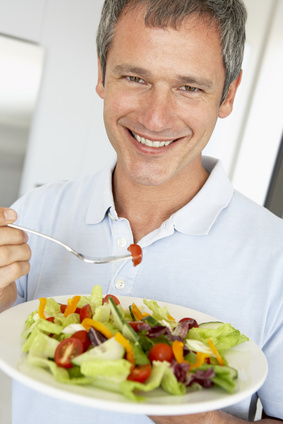
If you’re thinking about becoming a vegan, there’s really never been a better time.
Not only are there far more vegan options available at the grocery store and in restaurants, there are also tons of cookbooks, blogs, and YouTube channels dedicated to the vegan diet.
Here we’ll share some of the best resources for you to begin your journey into veganism.
Popular Vegan Books
A trusty book may be one of your best friends as a vegan: Something you can pull off the shelf when you’re having a craving and you can’t think of the right recipe, or that book that reminds you why you chose veganism in the first place when you’re thinking about quitting.
Some of the best books for veganism include:
- Vegan for Everybody: Foolproof Plant-Based Recipes
for Breakfast, Lunch, Dinner, and In-Between.
This book, released by America’s Test Kitchen in 2017, is packed with
ideas for a full vegan diet. There are recipes for every meal of the day
plus snacks and desserts. Among the recipes on the list are soups,
sandwiches, pizzas, stir-fries, noodles, and more.
- How to Go Vegan. How to Go Vegan by Veganuary not
only explains the compelling reasons to become vegan, but also talks about
how to make veganism a part of your daily life. The book details
information about how to be a vegan at home, eating out, at a friend’s
house, while traveling, and many other places that you may find yourself.
●
More than just a recipe book, this book is more a tutorial for the life
and times of a vegan.
- Veganomicon. Written by
famous vegans Isa Chandra Moskowitz and Terry Romero, and updated in 2017,
Veganomicon is a beneficial resource to any vegan.
●
Veganomicon has over 250 recipes
and color photos so you can not only read about but also see the meals. The
book covers everything from snacks to sauces, to brunch, to dinner and dessert.
●
It also takes time to cover the
basics of cooking with chapters that teach you how to stock your pantry and
which tools to use. It even breaks down how to cook vegetables, grains, and
beans.
- Mind if I Order the Cheeseburger? This humorous and insightful book written by Sherry Colb takes on
some of the toughest questions that vegans are asked on a daily basis.
Questions such as “what about plants” or “don’t animals eat other animals”
are answered with thoughtful well-researched explanations.
●
This book can help bridge some of
the more uncomfortable conversations between vegans and non-vegans.
Other veganism books to check out are:
● Animal Liberation by Peter Singer
● Mad Cowboy: Plain Truth from the Cattle Rancher Who Won’t Eat Meat by Howard Lyman and Glen Merzen
● The End of Animal Farming
● The Food Revolution by John Robbins
● Vegan Comfort Cooking by Melanie McDonald
● Vegan Junk Food by Zacchary Bird
● Vegan on a Budget by Olivia BiermannBest Websites for Vegans
For those of you looking for digital content, there are also loads of options for blogs and websites.
Among the best are:
- Lazy Cat Kitchen. This
blog, authored by Ania, includes vegan recipes and the story of how she
switched from being a meat eater to a completely vegan diet. She started
fostering cats on a Greek island that had many stray cats. These cats were
the main inspiration for her meat-free lifestyle.
- Hot For Food. This blog,
created by Lauren Toyota, takes comfort food recipes and turns them into
vegan favorites as well.
- Vegan.com. Vegan.com is a
recipe and vegan lifestyle blog that encourages plant-based eating. They
also list major vegan-themed festivals and share information about vegan
personal care, weddings, organically grown foods, and fitness guides.
- The Vegan Society. The
Vegan Society was founded in 1944, and they’ve taken their presence online
to help reach vegans worldwide. The website offers information about how
to go vegan, why to go vegan, how to get involved in the vegan movement,
recipes, lifestyle and so much more.
Additional vegan websites to check out are:
● A Couple of Cooks
● Brownble
● Oh She Glows
● The Minimalist Baker
● Thug Kitchen
● This Rawsome Vegan Life
● Vegan.orgBest Vegan YouTubers
If you prefer watching videos, there is also a multitude of vegan bloggers who can help you join the vegan movement, plan meals, and go about your daily life as a vegan.
Some of the top YouTubers are:
- Rachel Ama. Rachel Ama is a
vegan YouTuber that uses her Caribbean heritage to influence the recipes
and tips she shares. She also recently released a cookbook called Rachel Ama’s Vegan Eats which is a
great compliment to her YouTube channel.
- Cheap Lazy Vegan. Wanting
to start a vegan diet on a budget? Cheap Lazy Vegan is a great resource
for anyone who wants to start veganism but don’t want to spend a lot.
- Sustainably Vegan. This
YouTuber not only helps vegans with recipes and lifestyle tips, it also
will teach you how to be a vegan sustainably. Creator Immy Lucas also
focuses on other sustainability choices like ditching fast fashion and
buying ethical clothing.
- Earthling Ed. Earthling Ed
is a YouTube channel created by Ed Winters to help spread awareness about
veganism. He also created the documentary Land Hope and Glory and co-founded an animal rights movement
called Surge.
Other vegan YouTube channels to watch:
● Gaz Oakley
● Madeleine Olivia
● Sweet Simple Vegan
● Liv B
● That Vegan Couple
● Mic the Vegan
Is the Vegan Lifestyle Right For You?
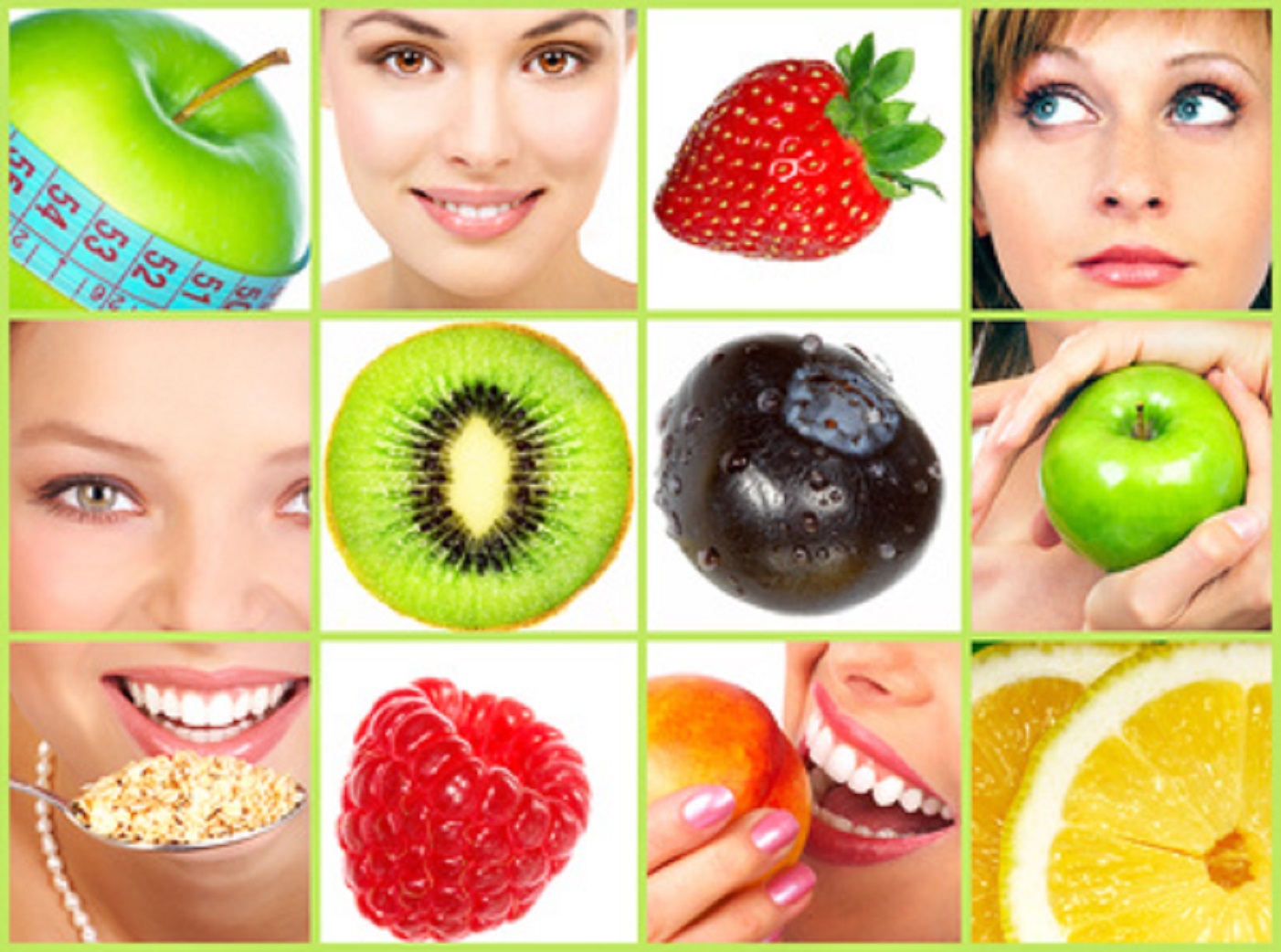
Now that you’ve learned about the vegan diet, lifestyle, risks, and benefits, is veganism something for you? Do you see yourself fitting into the vegan culture and consuming and using products completely free from animals?
If you’re still not sure, remember that many people choose to transition slowly. You may not be ready to completely drop all animal products from your life, but you may be able to cut back over time.
Perhaps you can choose days of the week when you eat only non-animal foods. It may also be beneficial to choose one type of animal product that you can eliminate from your diet at a time.
For others, jumping in full force may be the better solution. If you’re an all or nothing personality, you may want to dive in and not look back.
How you do things is up to you, and there are abounding resources to help you with this major life decision. The world of veganism is growing, and there’s a community of people willing and happy to help you make this life change.
What Parents Need to Know about Plant Based Diets for Kids
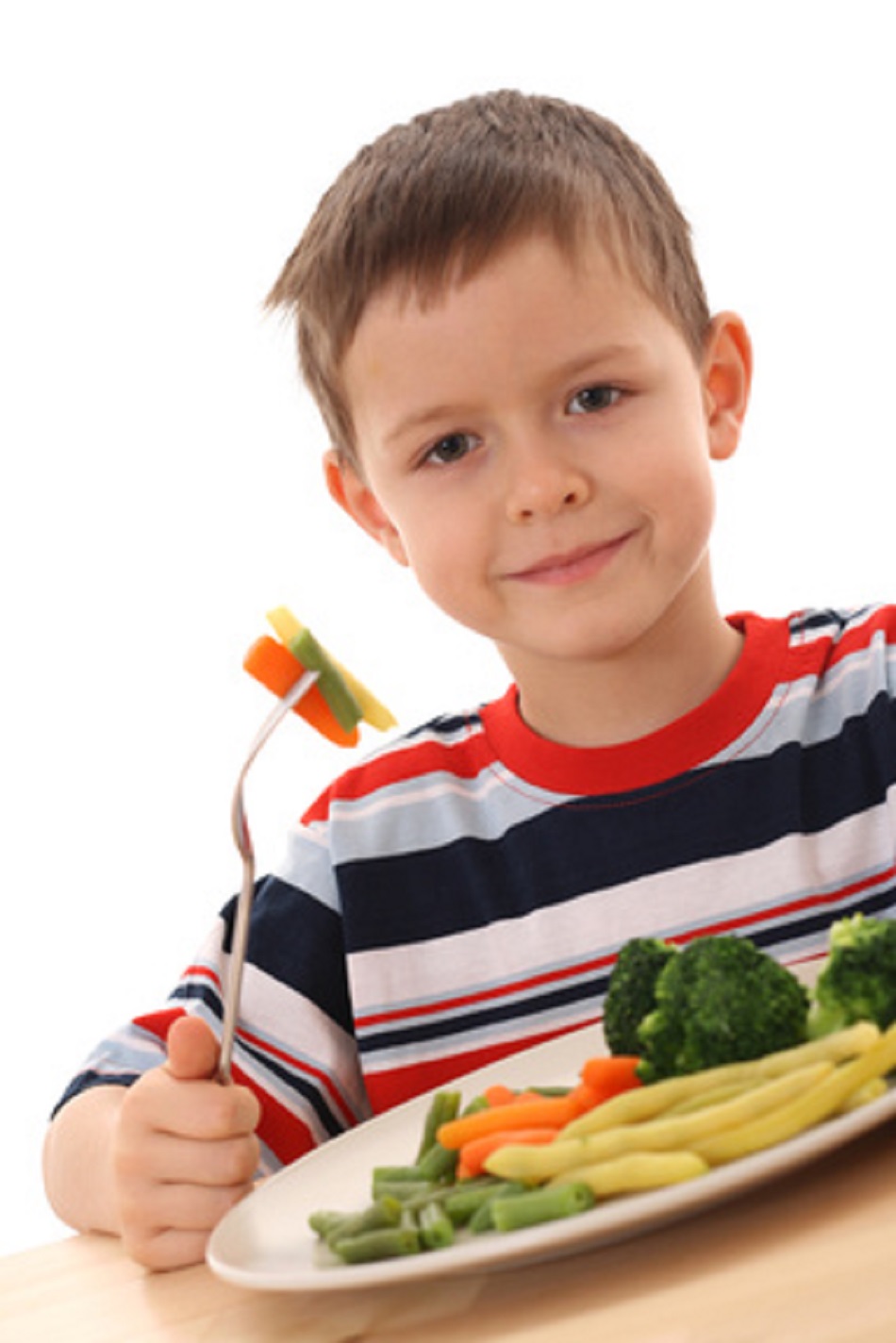
Are you raising a vegetarian?
If so, you’ll be happy to know that the American Academy of Pediatrics and The Academy of Nutrition and Dietetics both confirm that plant-based diets can satisfy a child’s nutritional needs, and even provide some important health benefits.
However, you may have to do some planning to make it work.
On the upside, cutting back on meat may lower the risk of heart disease, diabetes, and high blood pressure.
Plant-based eating has also become easier in recent years. You can find tofu and similar products in just about any supermarket.
Still, there are nutritional and social challenges for parents to keep in mind. Try these suggestions for making your child’s plant-based diet a success.
How Plant-Based Diets Affect Your Child’s Health:
There are many ways to cut back on animal products. If your child eats eggs, dairy items, and even some meat, you may not need to do anything special.
On the other hand, more restrictive vegetarian and vegan diets may require adjustments to ensure healthy growth and development.
Keep these tips in mind:
- Rely on breastfeeding.
Pediatricians recommend breast milk only for the first 6 months of life
for any infant, when possible. If you must use formula, commercial soy
formulas are usually recommended.
- Introduce solid foods. Most
babies are ready to try solid foods starting at about 6 months. That may
include dairy items, as well as mashed beans, tofu, and vegetables. Avoid giving plant milks to children
during their first year.
- Add iron. This mineral is
the most common deficiency in plant-based diets, and it’s essential for
brain development. Some plant foods contain iron, but it’s more difficult
for the body to absorb compared to animal products.
- Fortify and supplement.
Cereals and other fortified foods and supplements can be an effective way
to increase iron intake. You’ll also need to be sure your child is eating
enough Vitamin B12 and D, calcium, zinc, and protein.
- Monitor fiber. While most
Americans need more fiber, some vegetarian kids have the opposite concern.
To keep small stomachs from filling
up too soon, you may need to peel fruits and vegetables and add in more
oil and other low fiber foods.
- Talk with your doctor. Discuss your child's diet with your pediatrician. Working closely with doctors and dieticians will help you make healthy choices.
How Plant-Based Diets Affect Your Child’s Social Life:
Vegetarian and vegan diets are becoming more popular, and many children are making the decision for themselves. However, your child may still feel out of place sometimes.
Try these ideas for helping them to navigate any conflicts:
- Make reasonable accommodations. What if the rest of your family eats meat? You might want to
celebrate meatless Mondays or serve one family meal a day with plants
only. Older children can help prepare their own food too.
- Teach advocacy skills.
Practice what to do at parties and shared meals with friends and family
who eat meat. Depending on the situation, your child may feel comfortable
asking for vegetarian options or providing their own remedy.
- Model courtesy. If you’re
respectful toward different viewpoints and habits, your child is more
likely to follow your lead. Help them to live according to their values
without becoming preachy.
- Find similar friends. At the same time, your child might like to connect with others who share their views. Maybe they’ll want to start or join a club at school or participate in online forums.
A plant-based diet can be healthy for your kids and you - and beneficial to the environment too. It’s easy to enjoy delicious and nutritious foods as part of a meat-free life.
Vitamin & Nutrient Associations

Even when we try to eat well, we're disadvantaged. The nutritional
content of most food has been compromised over the years, not only by
deficient soils and modern production, transportation, storage and
processing methods, but also by the enormous amounts of chemical and
artificial substances added to promote growth, storage life, taste and
appearance.
It's for this reason that more and more medical authorities are
advocating the use of vitamin and mineral supplements. However, finding
them in the right combination can be both confusing and costly.
The nutrition products I am going to recommend you make use of knowledge
gained from the botanical world's 6,000 year history. They incorporated
health building nutritional herbs with the best modern technology to
help our bodies cleanse and detoxify so that the cells - the tiniest
living units - can be as fully nourished as possible.
This allows the cells to grow,
repair and to perform their functions with the best possible efficiency
so that we feel and look better and are more able to prevent and fight
disease. Once the body begins to clear itself of toxins it can more
efficiently absorb nutrition.
Further reading through our articles on health issues will give
you a body of information that will help you decide what options you
have to deal with the underlying causes of your problem through giving
your body the nutrition products that will assist you body to heal from
the inside out.
You can visit our health food products page here: Herbalife Health Nutrition Supplements and learn more about our core nutrition program, the Cellular Nutrition Advanced Program and also check out these targeted products, Florafiber to replace your healthy flora and Aloe Vera Juice to help cleanse your system.
Also using NouriFusion Skin Essentials will clearly help provide you with excellent skincare support for your ‘outer nutrition’.
We wish you well in your search for solutions to this problem and your movement towards better health in all areas.

Related Reading & Further Resources:
Below here are examples of Health Success
Results other people have had with using a self care strategy for
dealing with this condition:
We would be very interested to hear your result stories with your problem if you are using some of our nutrition products. To send us your story just fill out the form below.
Share *YOUR* remedy & health success story!
We are on a world-wide mission to source and tell our readers about as many as possible of the natural remedies & self care strategies available, so please help us to grow and improve our health information on this subject.
If you have a proven home remedy or natural treatment or have a great Health Success story, we would love to share it with our readers.
And as a special "Thank You" for your contribution, we will give you our special edition "Health Success Report"!
(When you submit this article you agree to the ***GENERAL RELEASE below this form)
See below here what stories & resources have been contributed on this subject:
Click below to see contributions from other visitors to this page...
Top 10 Benefits of Adopting a Vegan Lifestyle
A vegan diet doesn't sound too appetizing to most meat, cheese, and egg lovers. However, a vegan diet can be kind to your health and your wallet. You also …

*** GENERAL RELEASE AND ASSIGNMENT
For good and valuable consideration, the receipt
and legal sufficiency of which is hereby acknowledged, I ("I", "me",
"my") hereby agree as follows:
1) I hereby grant to Warren Tattersall, his successors, assignees and
licensees the unlimited right, but not the
obligation, to use any statements made by or attributed to me (my
"Statements") as well as my name, voice, and likeness, performance,
personal characteristics and other identifying information (jointly and
severally with the Statements and the photographs referenced in
Paragraph 2 below, my "Personal Characteristics") in and in connection
with the advertising, promotion, marketing and other exploitation of
Herbalife products or Warren Tattersall’s services in any and all
languages and media, now known or hereafter devised, throughout the
universe in perpetuity.
2) If I supply Warren Tattersall with photographs of myself on this date
or any date subsequent, I agree that Warren Tattersall may use such
photographs to the full extent provided above, I warrant and represent
that I am the person depicted in the photograph, I am the owner of the
photograph, I have the authority to grant the permission and rights
granted herein, and no one else’s permission is required to grant such
rights, and I understand that the copy of the photograph(s) I supply to
Warren Tattersall will not be returned.
3) I understand that Warren Tattersall is not obligated to use my
Personal Characteristics as permitted herein or, if commenced, to
continue with such use in any territory. I acknowledge and agree that
Warren Tattersall may make my Personal Characteristics available to
Warren Tattersall’s independent distributors to use as permitted above.
4) In undertaking the act of submitting my words and images through
www.TheHealthSuccessSite.com I understand that I am agreeing the terms
and conditions of this agreement
I have read this entire General Release and Assignment and fully
understand his contents. I likewise understand that this document shall
remain in full force and effect unless/until I request that it be
terminated, and that any such request must be made in a signed writing.
By signing below, I hereby acknowledge and agree to the
foregoing.
I understand that in submitting my material for publication I am granting the rights to reproduce this material on the internet or in other form and I have read the conditions above
BACK TO “Your Health Online”
the A to Z directory of dealing with Health Problems & Self Care Strategies for natural remedies to your health issues.
Terms of Use | Privacy Policy | Disclaimer | Site Map
====================================================
SITE DISCLAIMER: Do these products “cure” anything? Of course
not… but it stands to reason that if you cleanse your body and feed it
the finest nutrition available, giving it everything it needs in
balance, on a daily basis, that your body will do what nature intended,
and give you the best possible chance to fend off sickness and disease.
This Vegan / Veganism information is not presented
by a medical practitioner and is for educational and informational
purposes only. The Vegan / Veganism content is not
intended to be a substitute for professional medical advice, diagnosis,
or treatment. Always seek the advice of your physician or other
qualified health provider with any Vegan / Veganism
questions you may have regarding a medical condition. Never disregard
professional medical advice or delay in seeking it because of something
you have read.
The Vegan / Veganism resources on this site are not intended to be a substitute for professional advice. While all attempts have been made to verify Vegan / Veganism information provided in this publication, neither the author nor the publisher assumes any responsibility for errors, omissions or contrary interpretation of the web site Vegan / Veganism subject matter herein.
The site Vegan / Veganism contents are solely the opinion of the authors and should not be considered as a form of advice, direction and/or recommendation of any kind. If expert advice or counseling is needed, services of a competent professional should be sought. The author and the Publisher assume no responsibility or liability and specifically disclaim any warranty, express or implied for any Vegan / Veganism products or services mentioned, or any techniques or Vegan / Veganism practices described.
The purchaser or reader of this KEYWORD publication assumes responsibility for the use of these materials and information. Neither the author nor the Publisher assumes any responsibility or liability whatsoever on the behalf of any purchaser or reader of these Vegan / Veganism nutritional supplements materials. There is no guarantee of validity of accuracy. Any perceived slight of specific people or organizations is unintentional.
This website and its
creators are not responsible for the content of any sites linked to.
Since natural and/or dietary supplements are not FDA approved they must
be accompanied by a two-part disclaimer on the product label: that the
statement has not been evaluated by FDA and that the product is not
intended to "diagnose, treat, cure or prevent any disease."
====================================================
the A to Z directory of dealing with Health Problems & Self Care Strategies for natural remedies to your health issues.

Subscribe to get your weekly "Health Success Magazine" with a new complete & comprehensive Health Report in every edition!

to “Your Health Success”
our weekly F’R’E’E’ Newsletter
If you would like a free no-obligation private consultation or to contact Warren Tattersall for more information, please click here >> Contact Us



